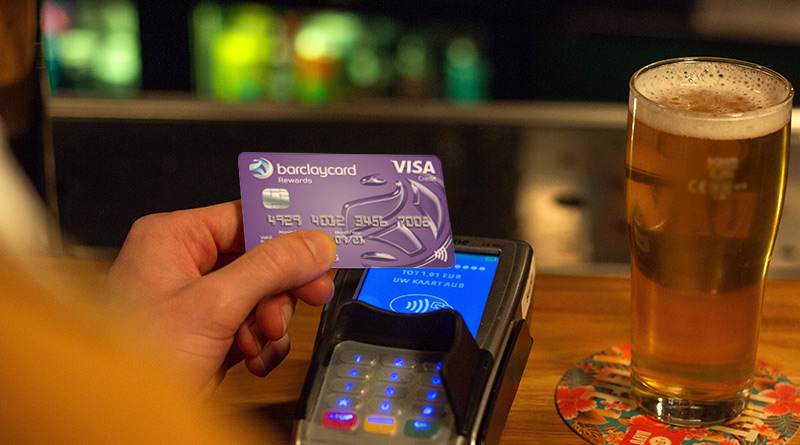Restaurants & Pub Spending Among Public’s Top Cutbacks

Consumer card spending grew 0.7 per cent year-on-year in October – less than September’s increase (1.2 per cent) and below the latest CPIH inflation rate of 2.6 per cent, according to latest figures from Barclays. Growth was propped up by spending on non-essential items, which climbed 2.1 per cent, driven by the strong performance of entertainment, up 13.5 per cent, and the recovery of retail, which recorded its third consecutive month of growth.
In October, essential spending saw its greatest fall (-2.2 per cent) since April 2020 (-2.9 per cent). Supermarket spending dipped -0.8 per cent, as consumers’ concerns about food price inflation eased, down four percentage points to 84 per cent compared to 88 per cent in September.
Other confidence measures showed significant year-on-year improvements; confidence in household finances increased nine percentage points compared to last year, at 70 per cent – on par with September. Similarly, 57 per cent feel confident in their ability to spend on non-essential items, up five percentage points year-on-year.
In order to prioritise the things they love, cost-savvy Brits are still looking for ways to keep their budgets in check. Just under half (46 per cent) plan to cut down on discretionary spending to save money, albeit a marginal decrease compared to September (49 per cent).
This group listed eating out at restaurants (50 per cent), ordering fast food and takeaways (50 per cent) and drinking at pubs, bars and clubs (41 per cent) among their top cutbacks.
In October, spending on takeaways and fast food was flat, at 0.0 per cent, down from last month’s 0.8 per cent growth. Spend at bars, pubs and clubs also plateaued (0.0 per cent), representing the lowest growth for the category since September 2022 (-0.5 per cent).
Travel remains popular, up 6.7 per cent, largely owing to growth at airlines (9.3 per cent), as Brits book getaways abroad. The strong demand for travel was also highlighted by holidays ranking #1 in a list of discretionary spending priorities, chosen by 22 per cent of respondents. Three in 10 consumers (28 per cent) have already booked a getaway for 2025, with almost a quarter (23 per cent) of these holidaymakers booking early to save money, while one in three (31 per cent) will be visiting a new destination they’ve not been to before.
While still in growth, spending at travel agents fell slightly from September (7.8 per cent, compared with 9.2 per cent), possibly indicating that holidaymakers are taking a more hands-on approach to travel next year.
Karen Johnson, Head of Retail at Barclays, said: “The days may be getting darker and longer, but Brits continue to find the bright spots by prioritising the things they love.
“The drumbeat of incredible music artists performing here in the UK, such as Coldplay, means entertainment spending continues to climb, having reached 13.5 per cent growth in October. Meanwhile, the small screen continues to draw Brits to cosier evenings in, cutting back on evenings out at pubs, bars, and restaurants, instead enjoying streaming and shopping from the comfort of home.
“We’ll be keeping a close on whether consumer confidence holds in November and in the run up to Christmas.”
Jack Meaning, Chief UK Economist at Barclays, said: “With price pressures continuing to ease and tentative signs that consumer confidence is improving once again, following what appears to have been a post-election dip, we think that the stage is set for real spend growth, as we move through the final quarter of the year, and look ahead to 2025.”
